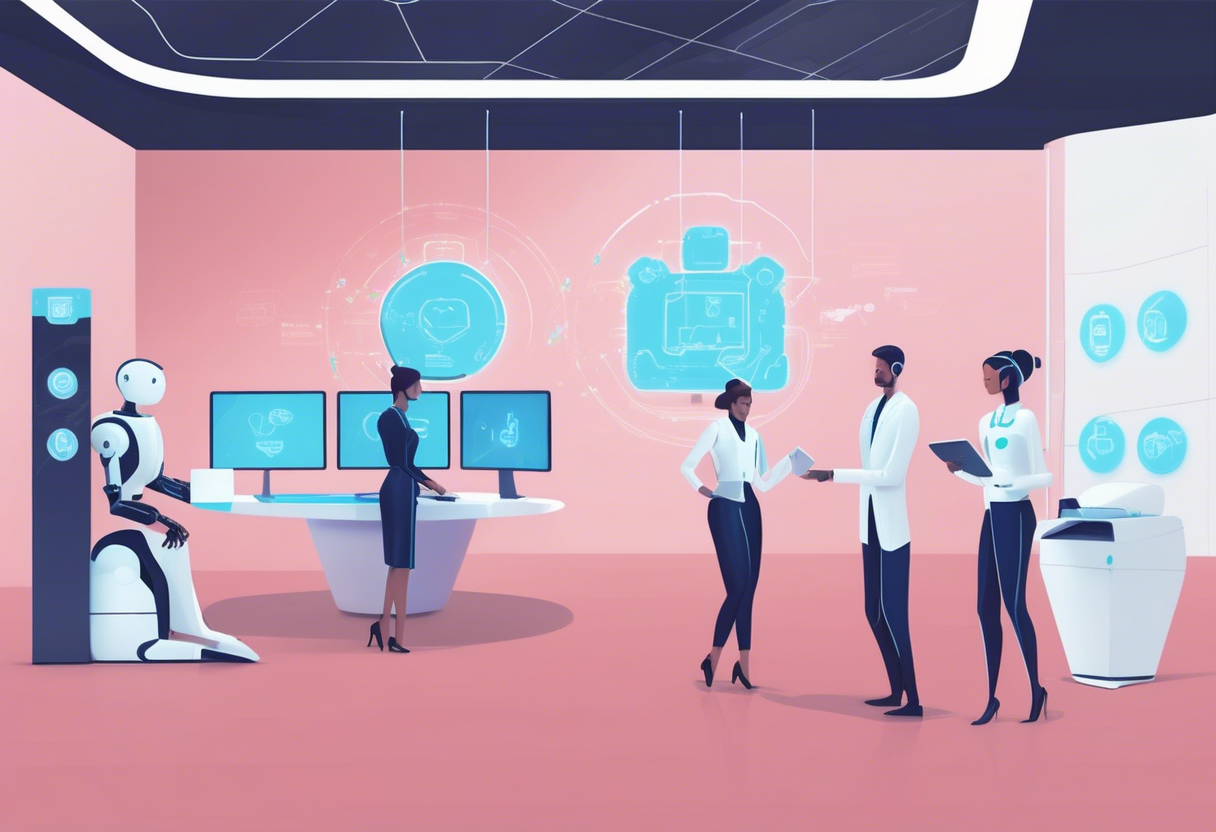
The phrase "AI customer service" is popping up everywhere these days, and it's not just a trendy term—it's changing the game. By 2025, AI might handle 95% of customer interactions. That's a big deal, showing how fast customer service is changing. Businesses are trying to make customer experiences better, and AI is taking center stage. It's changing how companies talk to their clients, with chatbots, virtual assistants, and predictive analytics leading the way. But what does this mean for the future? And how will it balance the human touch with tech efficiency? In this article, we'll look at how AI is shaking up customer service, the good and the tricky parts, and imagine a future where humans and AI team up to create great customer experiences. Let's see what AI can really do for customer service!
Summary: This article discusses the evolution of customer service through the integration of AI technologies, highlighting the benefits, challenges, and future predictions of AI in this field. It also explores human-AI collaboration and introduces Deepbrain AI and AI Studios as key players in the industry.
Evolution of AI in Customer Service
Historical Evolution of Customer Service Technologies
Customer service technology has evolved significantly over the years. It began in the mid-1800s with the telegraph, enabling long-distance communication. The late 1800s saw the advent of the telephone, allowing real-time conversations and leading to the establishment of customer service departments.
In the 1960s, ELIZA emerged at MIT as an early AI chatbot, utilizing pattern matching to simulate conversation. Concurrently, Interactive Voice Response (IVR) systems were introduced, becoming widespread by the 1980s to automate phone calls with simple menus.
The 1990s marked the introduction of email, facilitating asynchronous communication and early tools that sorted messages by keywords.
AI Integration in Customer Service
AI's role in customer service dates back to the 1960s with ELIZA, which laid the groundwork for AI support. Initially, AI focused on scripted chatbots and IVR systems performing basic tasks, although they struggled with natural language comprehension.
With the rise of the internet and email in the late 20th century, service channels expanded, and automation tools began managing inquiries. Today, AI technologies such as natural language processing, chatbots, and virtual assistants are crucial for handling repetitive tasks, reducing wait times, and ensuring 24/7 availability.
Emerging AI Trends in Customer Service
Modern AI in customer service balances speed and a personal touch. Chatbots efficiently manage routine inquiries, while human agents address more complex issues. AI-driven personalization enhances interactions by leveraging customer data to customize experiences.
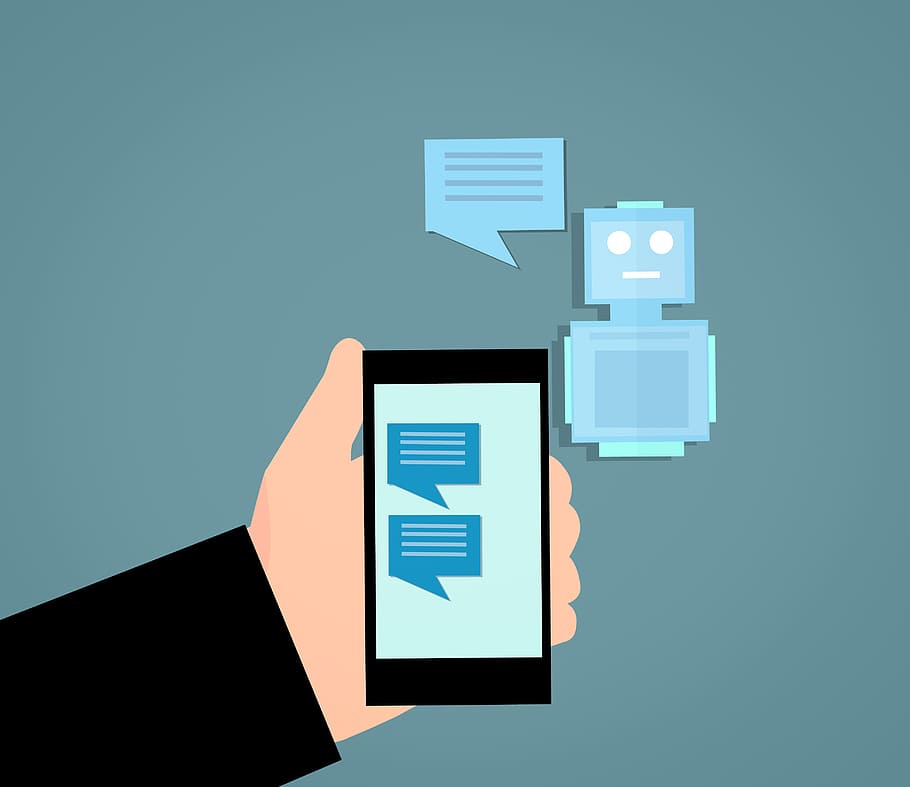
Advanced AI tools and machine learning models enable support teams to engage with customers predictively. An increasing number of businesses are adopting AI to enhance efficiency, reduce costs, and deliver seamless omnichannel customer service.
By 2025, AI is projected to manage 95% of interactions, highlighting its growing prevalence in the industry.
Key AI Technologies Transforming AI Customer Service
AI Chatbots and Virtual Assistants in Customer Service
AI chatbots, copilots, and virtual assistants are revolutionizing customer service. By handling routine inquiries, they allow human agents to focus on building relationships. This shift enhances efficiency and speeds up service. Companies like OpenAI and Google leverage generative AI to create responses that are both natural-sounding and brand-consistent.
AI-powered interactive voice response (IVR) systems can interpret customer requests directly from speech, eliminating cumbersome menu navigation. These intelligent assistants make autonomous decisions, guiding customers through options and resolving issues without human intervention. By simulating human-like conversation, they use AI to provide contextually appropriate responses and integrate with APIs and databases for handling complex tasks.

AI-Powered Customer Interaction Analytics for Improved Service
AI tools offer immediate insights into customer sentiment, enabling companies to adjust responses and identify potential issues before they escalate. Emotion recognition tools detect customer feelings, creating more empathetic and human interactions. AI voice analytics provide real-time feedback during calls, assisting agents in enhancing the customer experience. For instance, if a customer appears frustrated, AI can alert a senior agent to intervene with personalized assistance.
Predictive Analytics and Personalization in AI Customer Service
AI excels in personalization by delivering tailored recommendations, messages, and content based on customer data and behavior. Predictive analytics anticipate customer needs by analyzing their habits, allowing companies to address issues proactively. Automated ticket routing uses AI to direct inquiries to the appropriate department based on keywords and urgency, ensuring issues are resolved efficiently. AI copilots support agents with real-time suggestions and task automation, improving speed and accuracy in problem-solving.
Emotion Recognition and Sentiment Analysis in AI Service
Sentiment analysis tools provide insights into customer emotions through their feedback and interactions, enabling more personalized and compassionate responses. AI not only analyzes what customers express but also delves into the reasons behind their words, enhancing understanding of their emotions, preferences, and actions. This fosters deeper engagement and loyalty. Emotion recognition technology humanizes interactions and enhances emotional intelligence, boosting customer satisfaction and loyalty. For example, if a feedback platform detects dissatisfaction in product reviews, AI can initiate a personalized response from customer service to address the issue proactively.
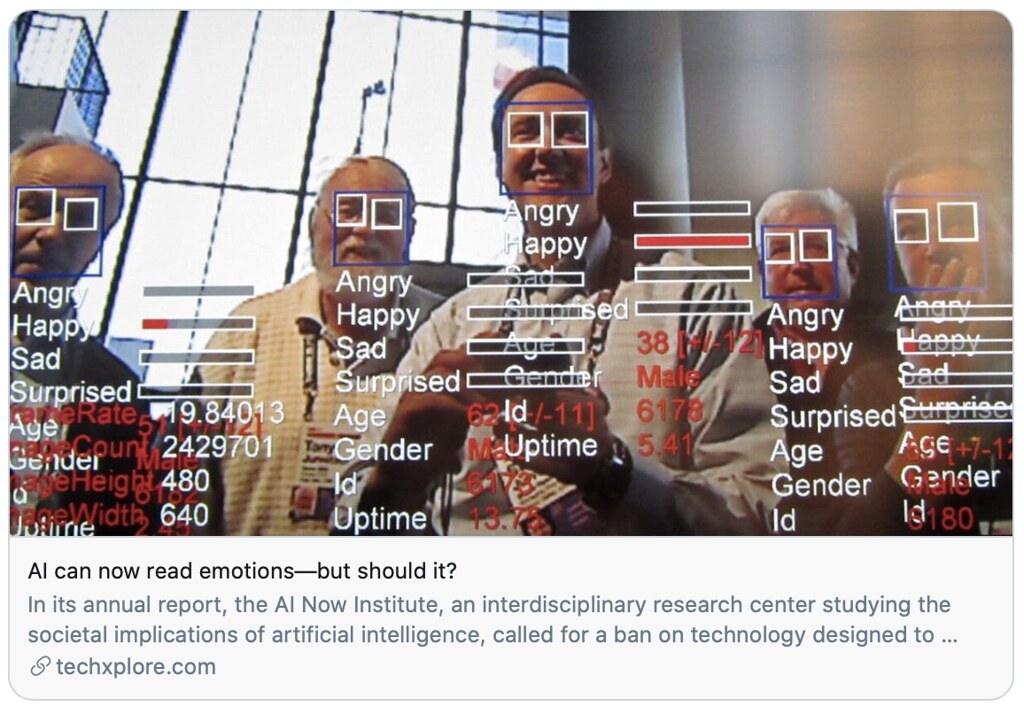
Benefits of AI in Customer Service
AI-Enhanced Efficiency and Speed
AI-driven customer service tools, like chatbots, significantly enhance efficiency by swiftly addressing common inquiries. This not only accelerates initial response times but also expedites problem resolution. With AI handling routine tasks, human agents can concentrate on more complex issues, resulting in faster overall service.
Generative AI further amplifies speed, accuracy, and support quality by streamlining workflows and reducing manual tasks. For instance, if a customer seeks product information, AI chatbots can efficiently search knowledge bases and recommend useful resources such as videos or FAQs. Learn more about AI in customer service.
AI's 24/7 Availability and Scalability
AI chatbots provide around-the-clock support, ensuring assistance is available at any time, regardless of time zones. This constant availability means help is always accessible, even after business hours. Moreover, AI can seamlessly scale to accommodate increased customer interactions during peak periods without compromising service quality. It adeptly manages multiple inquiries simultaneously, maintaining smooth operations and customer satisfaction.
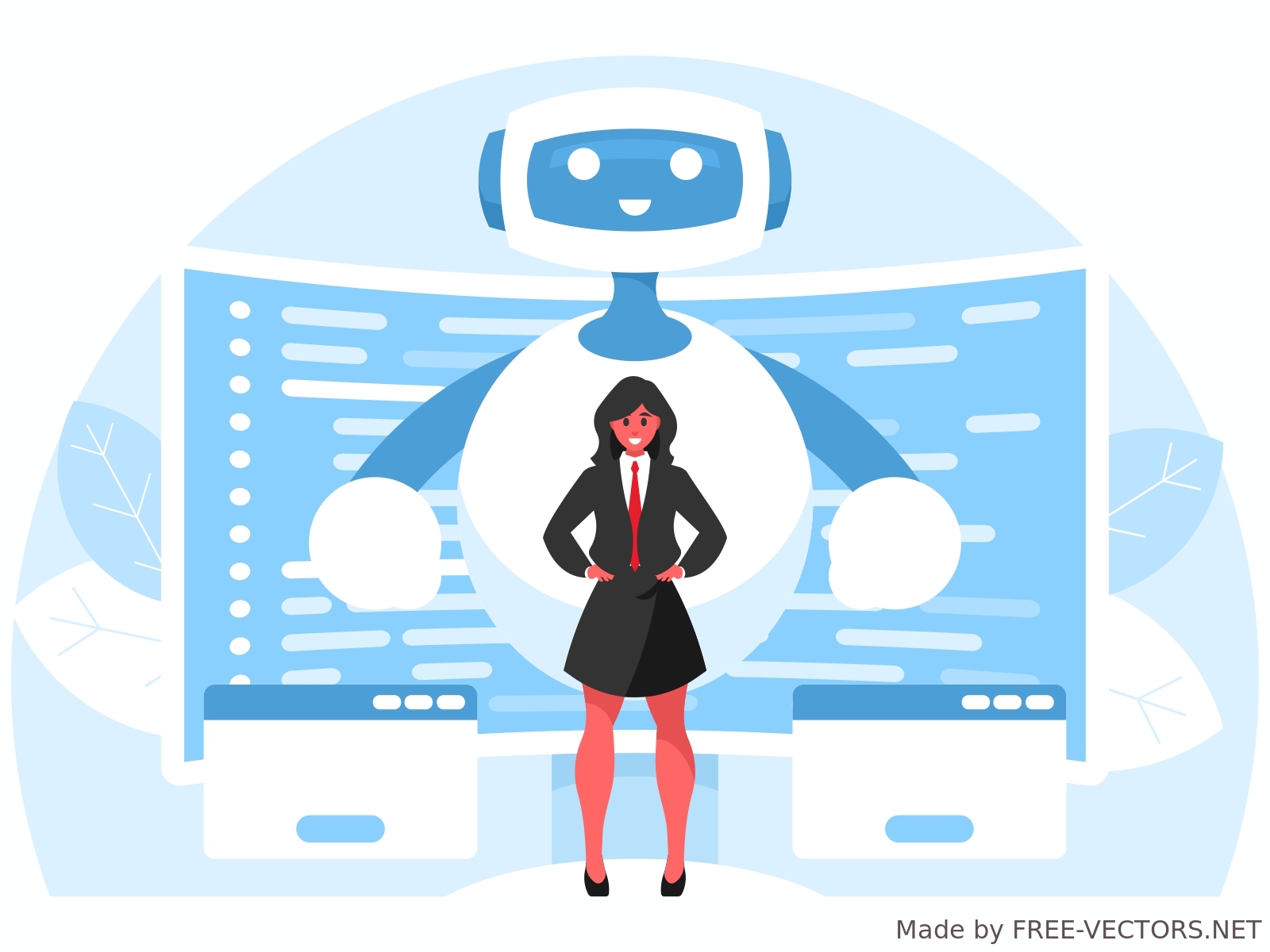
Explore AI's scalability in customer service.
AI-Driven Customer Experience and Personalization
AI enhances the customer experience by analyzing vast amounts of data to identify patterns and deliver personalized recommendations and solutions. These customized interactions foster customer engagement and loyalty by offering support tailored to individual needs and preferences.
Furthermore, AI ensures consistent service by learning from company data and guidelines, thereby building trust through dependable assistance. For example, AI might recommend product upgrades or services based on a customer's purchase history.

Discover AI personalization in customer service.
AI for Cost Reduction and Resource Optimization
AI alleviates the burden of routine inquiries and repetitive tasks, reducing costs and lightening the workload for human agents. By managing simple queries, businesses can optimize resource allocation and enhance staffing efficiency.
This leads to increased agent productivity, as AI provides suggested responses and information, facilitating quicker resolutions and more effective use of human resources. For instance, AI chatbots handling FAQs reduce the need for extensive call center staff, saving money while maintaining high service quality. Read about AI's cost benefits in customer service.
Challenges and Limitations of AI in Customer Service
Complex Customer Inquiries in AI Customer Service
AI systems often struggle with complex customer questions. They may miss the subtleties, tone, or context that human agents intuitively understand, leading to incorrect or incomplete answers and frustrated customers. Since AI relies on predefined algorithms and data, it faces challenges with unique or tricky questions that fall outside its programming. This often results in customers needing to repeat themselves to a human agent.

Additionally, AI can sometimes misunderstand questions and provide irrelevant answers, necessitating constant monitoring and human intervention to maintain accuracy. For example, an AI chatbot might struggle with a billing dispute involving multiple accounts or misinterpret a technical question, prompting the customer to seek human assistance. More insights are available at ProProfsDesk.
AI Integration Challenges in Customer Service Systems
Integrating AI into existing customer service frameworks can be challenging and costly, particularly for smaller businesses. Ensuring AI operates effectively requires continuous training with extensive, accurate data to keep pace with emerging issues and patterns, leading to ongoing expenses for maintenance and updates.

Technical issues during implementation can disrupt system functionality and customer experience, demanding skilled management and troubleshooting. Companies may encounter significant initial costs and technological obstacles when incorporating AI chatbots into legacy CRM systems, necessitating dedicated resources to ensure seamless operation. Visit JotForm for more information.
Building Trust and Transparency in AI Customer Service
Many customers remain skeptical about interacting with AI systems, doubting AI's ability to fully understand and resolve their issues. Building trust involves careful AI design, transparency about its use, and continuous improvements to ensure responses are relevant, personalized, and helpful.
AI's lack of empathy can make interactions feel impersonal, particularly in sensitive situations, undermining customer trust. Over-reliance on AI may alienate certain groups, such as older or less tech-savvy users, reducing trust and satisfaction. Learn more at JotForm.
Risks of Over-Automation in AI Customer Service
Excessive automation can lead to customer experiences that feel impersonal and unsupported. Striking a balance between AI automation and human involvement is crucial for effectively handling complex, emotional, or unique issues.
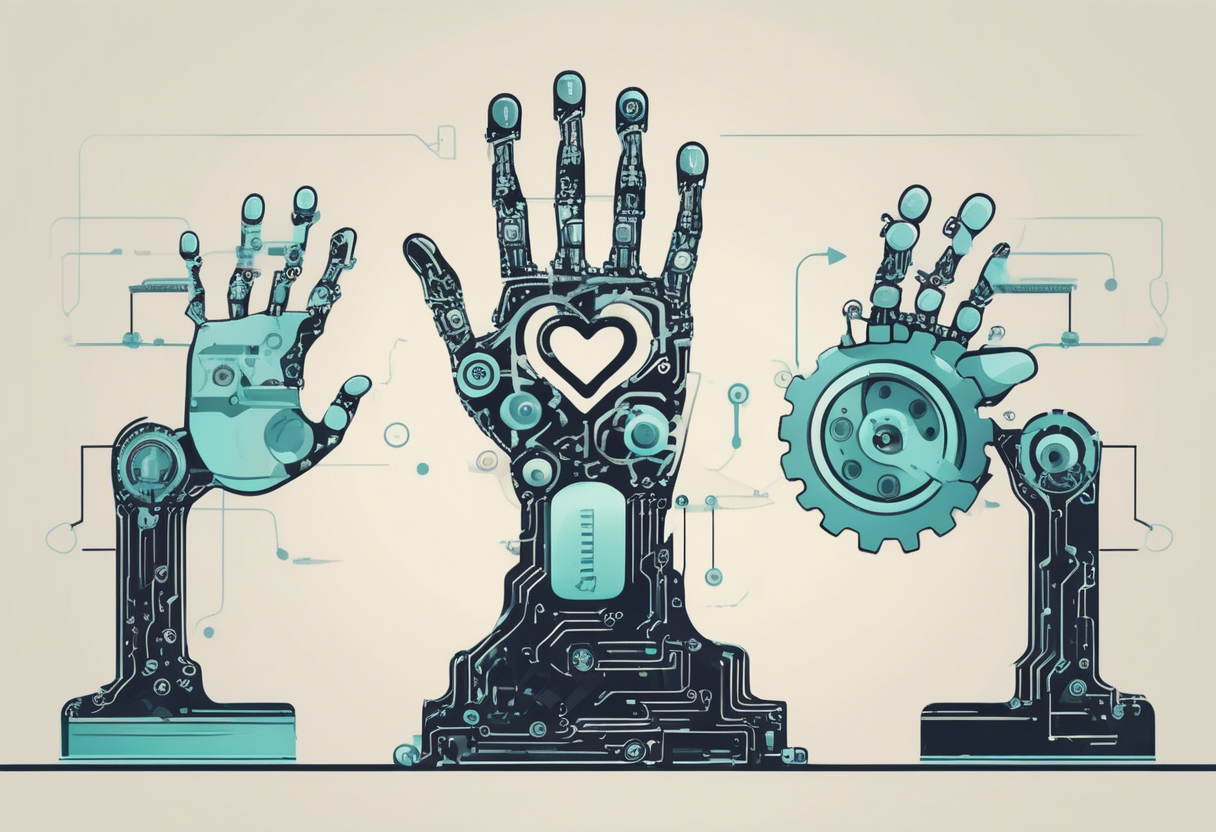
AI may provide incorrect or biased answers if its training data is outdated or biased, necessitating regular updates and quality checks. Companies that overly depend on AI chatbots may frustrate customers requiring more nuanced assistance, highlighting the importance of seamless escalation to human agents. More details are available at DialZara.
Human-AI Collaboration in Customer Service
Enhancing Customer Service with AI and Human Empathy
Integrating AI with a human touch in customer service is a strategic move. AI excels at processing data quickly and managing routine tasks, which allows human agents to focus on more complex and emotional issues.

By discerning customer needs and emotions, AI enables humans to engage with empathy and precision. Consider AI chatbots that handle common inquiries, while escalating more emotionally charged interactions to human agents for a personal touch. This synergy not only enhances customer satisfaction but also maintains high service quality. Learn more about this strategy.
Optimizing Hybrid Workflows with AI in Customer Service
In hybrid workflows, AI manages repetitive tasks such as data entry and FAQs, reducing the workload for human agents. This allows them to concentrate on significant interactions. AI tools provide real-time guidance and recommendations, enhancing agent efficiency.
Smart handoffs ensure that AI collects information and seamlessly transfers queries to humans, facilitating smooth problem-solving. This collaboration ensures continuous support around the clock. Discover more about hybrid workflows.
Successful AI-Enhanced Customer Service Case Studies
Businesses that incorporate AI into customer service experience substantial improvements in issue resolution, customer satisfaction, and cost efficiency. By combining AI's speed with human insight, companies report up to a 20% increase in customer satisfaction and quicker response times. This strategy fosters stronger client relationships and loyalty. AI-driven help desks provide companies with a competitive advantage by delivering seamless customer experiences that enhance brand loyalty. Explore successful case studies.
Future Predictions for AI in Customer Service
Generative AI Transforming Customer Interactions
Generative AI is revolutionizing customer interactions by making conversations feel both real and personal. AI agents engage with customers in a natural and contextually appropriate manner, significantly enhancing customer engagement. This technology empowers AI chatbots, copilots, and virtual assistants to manage automated customer service, allowing human agents to focus on building relationships.
Moreover, generative AI plays a crucial role in offering proactive customer service by anticipating customer needs before issues arise, thereby simplifying processes and encouraging customer loyalty. For example, an AI agent can efficiently resolve billing issues by analyzing account data, correcting errors, and informing the customer.
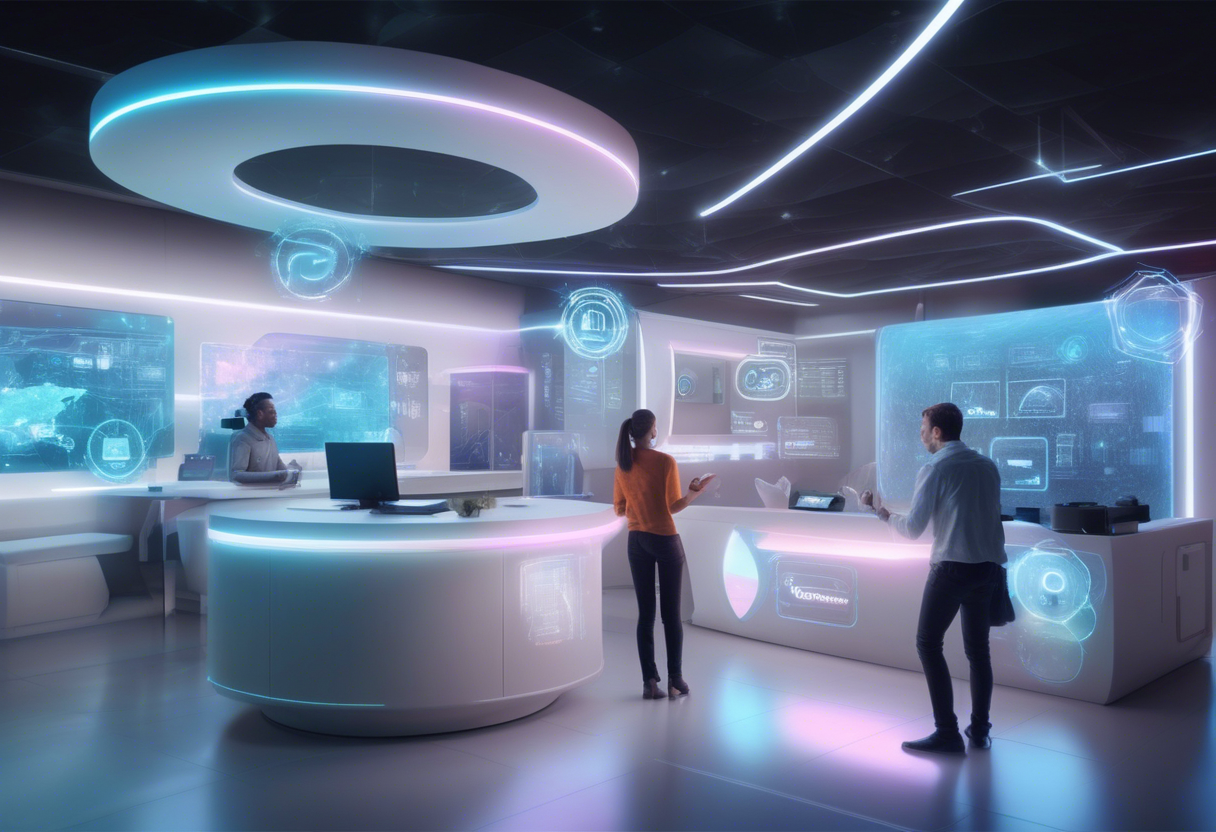
Emotionally Intelligent AI Enhancing Customer Experience
By 2025, AI systems are expected to recognize emotions and analyze sentiments, enabling them to understand customer emotions better. This advancement leads to interactions that are more empathetic and human-like. Emotionally intelligent AI enhances customer experiences by comprehending the reasons behind customer inquiries, fostering deeper connections and loyalty. For instance, a customer service AI might detect frustration in a customer's voice and adjust its responses to be more empathetic, thereby improving the overall experience.
AI Revolutionizing Customer Journey Mapping
AI personalizes experiences by analyzing individual customer data to tailor product recommendations, messages, and content throughout the customer journey. Through predictive analytics, AI anticipates customer needs, facilitating proactive service that enhances satisfaction and loyalty. Additionally, AI ensures seamless experiences across all channels—online, mobile, social, and in-store. An AI system can monitor a customer's interactions across these platforms, predict when assistance might be needed, and provide customized support, creating a seamless and personalized journey.
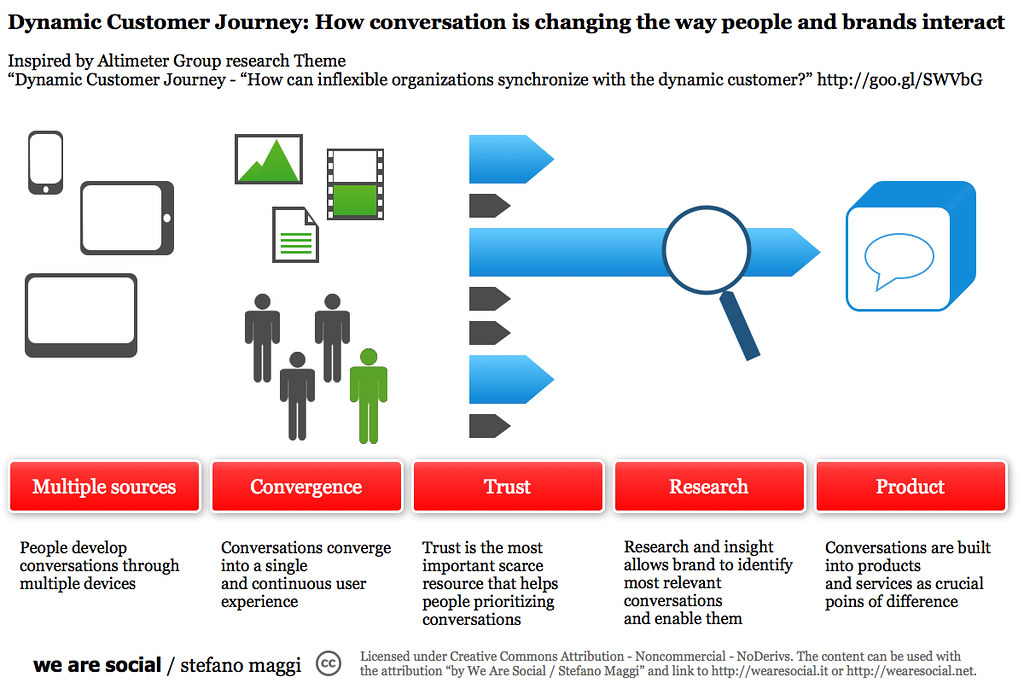
Deepbrain AI and AI Studios
🌟 DeepBrain AI's Impact on AI Customer Service
DeepBrain AI is revolutionizing customer service with its lifelike AI avatars. These avatars exhibit real human expressions and movements, making interactions feel personal and enhancing customer satisfaction and loyalty. With the ability to speak over 80 languages and representing various ethnicities and professions, they are ideal for global interactions. This technology also excels in broadcasting, where AI avatars serve as news anchors, showcasing their ability to mimic human interaction and make customer service more engaging.
AI Studios: Features Enhancing AI Customer Service
AI Studios by DeepBrain AI is an intuitive online tool that transforms scripts into lifelike videos using AI digital avatars and natural text-to-speech. Here's what makes it stand out:
- Vast Selection of Avatars: Choose from over 150 licensed AI avatars, customizable for various applications such as corporate training or marketing.
- Global Reach: Advanced text-to-speech capabilities allow avatars to communicate in any language, connecting with audiences worldwide.
- User-Friendly Video Editor: Comes equipped with templates, backgrounds, and automatic subtitles, eliminating the need for advanced software skills.
- Cost-Effective: Reduces the need for actors and equipment, with pricing plans starting at just $30 a month.
Real-World Applications of AI Studios in Customer Service
DeepBrain AI avatars are used across various industries, demonstrating their versatility:
- Broadcasting: Companies employ avatars as news anchors, delivering presentations that are both realistic and engaging.
- Corporate Training and Marketing: Teams utilize avatars for training videos and personalized marketing, enhancing engagement and efficiency.
- Education: Educators leverage the platform's multilingual capabilities to create accessible learning materials.
Benefits of Choosing DeepBrain AI for Customer Service
DeepBrain AI offers a unique solution for businesses looking to enhance their customer service and content delivery. With its lifelike avatars and versatile features, it caters to a wide range of industries and applications.
Affordable Pricing for AI Customer Service Solutions
Explore the affordable pricing plans starting at $30 per month to see how DeepBrain AI can transform your business interactions.
For more information, visit their pricing plans.
Discover More About AI in Customer Service
Discover the potential of AI avatars in customer service and beyond by visiting DeepBrain AI.
FAQs on AI in Customer Service
How Can AI Customer Service Improve Long-Term Satisfaction?
AI can significantly enhance customer satisfaction by:
- Speeding up response times: AI provides quick and constant support, aligning with modern customer expectations.
- Tailoring interactions: By leveraging customer data, AI creates more thoughtful and proactive experiences.
- Automating routine tasks: This allows human agents to focus on more complex problems, improving overall service quality.
- Implementing tools like sentiment analysis and smart routing: These tools reduce wait times and efficiently connect customers to the right help, increasing satisfaction.

For instance, a retail company utilizing AI chatbots for quick answers and sentiment analysis for complex issues observed higher satisfaction scores and faster resolution times.
Challenges of Integrating AI in Customer Service Systems
Integrating AI into existing systems presents several challenges:
- Defining roles: It's essential to clearly delineate AI and human responsibilities to maintain a smooth workflow.
- Compatibility with legacy systems: Older systems may require upgrades or technical adjustments to integrate AI technology effectively.
- Balancing automation with human interaction: Customers often prefer human contact for complex issues, so maintaining this balance is crucial.
- Resource constraints: Costs and resources can be significant hurdles, especially for smaller businesses. Scalable solutions are vital.

For example, a telecom company struggled to integrate AI chatbots with an outdated CRM, necessitating substantial IT investments for real-time data sharing.
AI vs. Human Agents for Complex Customer Inquiries
AI excels at managing routine questions but relies on human agents for more complex, sensitive issues:
- Data handling: AI assists by retrieving data and tagging tickets, allowing human agents to concentrate on problem-solving.
- Advanced capabilities: AI can assess customer sentiment and context to intelligently route complex inquiries to human agents, ensuring effective resolution.
- Personalized responses: While AI can generate personalized responses, it cannot replicate the empathy and judgment that human agents provide in challenging situations.
In a banking support center, AI manages standard inquiries but escalates fraud issues to specialized human agents for resolution.